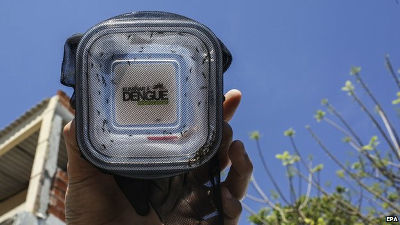Australian Government Considers How to Use 'Orgy and Viruses' to Control Excessive Carp

Carp, which entered Australia as an exotic species over 100 years ago, is recognized as a fish that adversely affects water quality, native fish, and fishing in rivers in Australia. Plans are being made to reduce the number of such carp by artificially infecting them with a lethal virus and using a breeding method in which one female and several males are entwined.
Australian government plan to capitalise on carp orgies to cull the pest species with herpes virus | Murray-Darling Basin | The Guardian
Carp has various adverse effects on the environment, such as making water muddy with mud and inhibiting the growth of aquatic plants, and eating food up to the amount of native species. In Australia, it is especially abundant in the Murray-Darling Basin in the southeastern part, with a maximum of about 350 kg per hectare (about 10,000 cubic meters), and in some rivers it accounts for 80% of all fish inhabiting. It is said . The Australian Government has designated carp as a 'priority alien species' and has been working to reduce its numbers over the last two decades.

In 2016, the Australian Government
The carp herpesvirus is a carp-specific virus and is considered to be highly safe because it does not infect other fish or humans. Australia has jointly launched the National Carp Control Plan (NCPP ) with the Ministry of Agriculture, Forestry and Fisheries and the Fisheries Research and Development Corporation (FRDC), and has been conducting research on the benefits and risks of using carp herpes virus. Then, in January 2020, NCPP once submitted the research results to the government and requested evaluation and consideration. We have decided to complete the research by the end of 2021 and seek regulatory approval while considering how to treat the dead bodies that occur in large numbers when using the koi herpesvirus.

'We understand that carp is causing serious damage,' said Emma Bradbury, chief executive officer of the local government, the Murray-Darling Society. Our view on using the carp herpesvirus. Has not been decided and supports various proposals. '
Related Posts:
in Creature, Posted by log1p_kr







